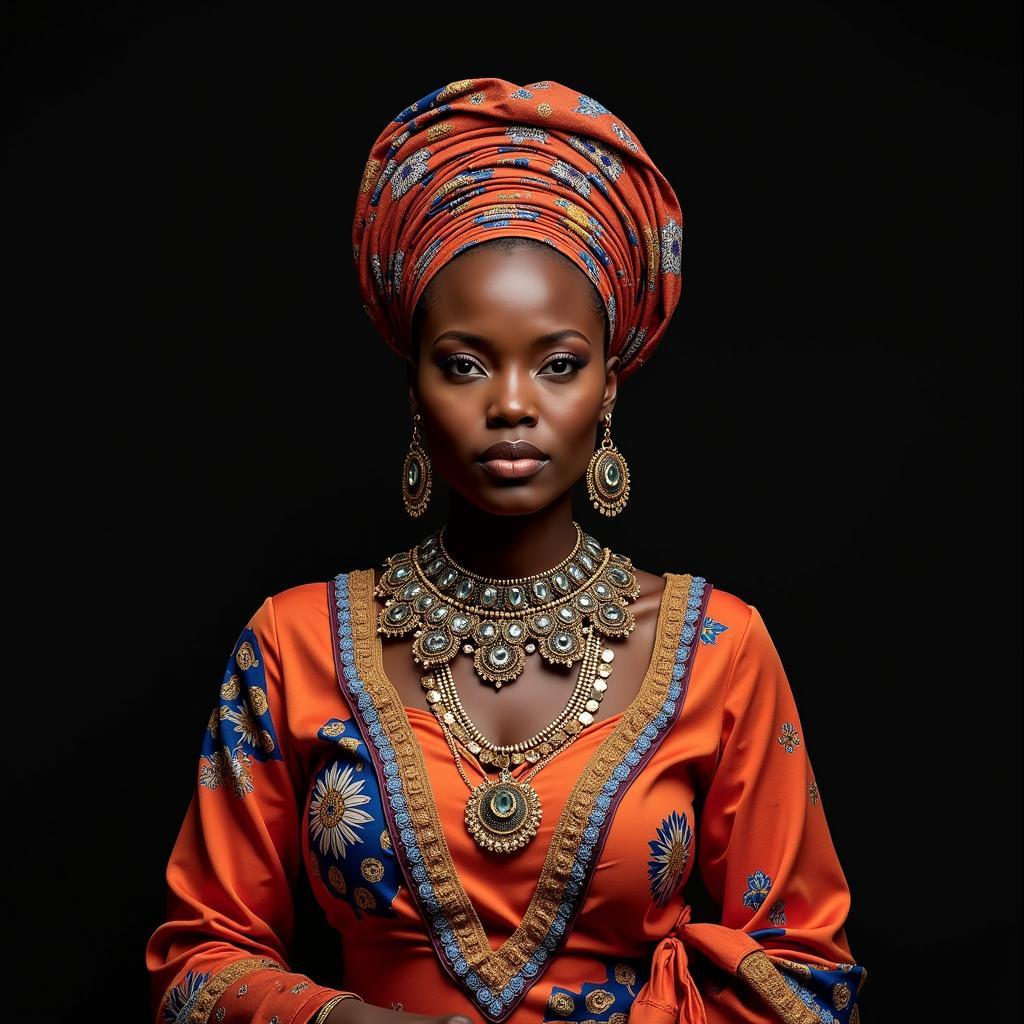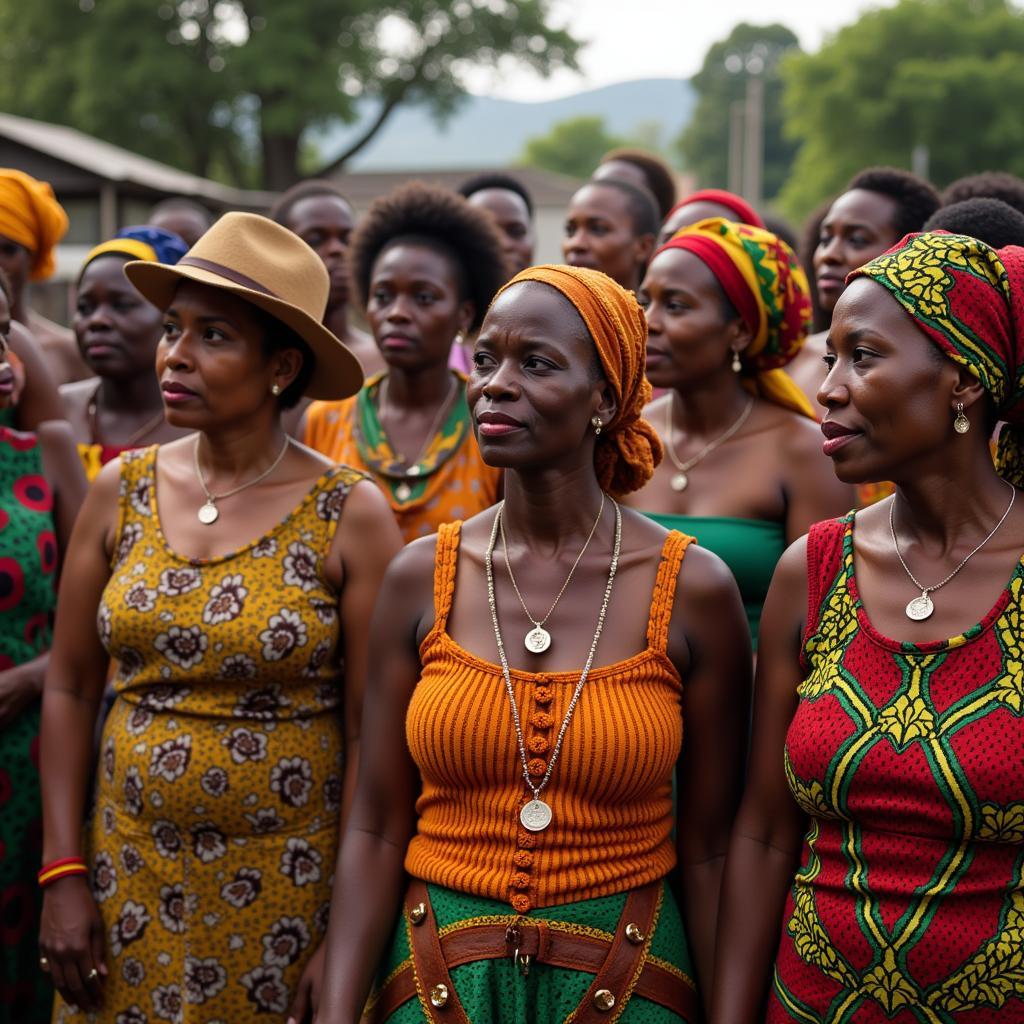Celebrating African American Executive Chefs: Culinary Excellence and Innovation
African American Executive Chefs have significantly shaped the culinary landscape, bringing unique flavors, innovative techniques, and rich cultural heritage to the world of fine dining. Their influence extends beyond the kitchen, inspiring aspiring chefs and challenging traditional notions of culinary excellence. This article explores the remarkable journeys, achievements, and contributions of these culinary pioneers.
Breaking Barriers and Building Culinary Empires
From humble beginnings to leading Michelin-starred restaurants, African American executive chefs have overcome numerous obstacles to achieve remarkable success. Their stories are testaments to their resilience, passion, and unwavering commitment to their craft. These chefs are not only masters of their culinary domain but also influential figures who are redefining the industry. Their impact is felt in every aspect of the culinary world, from fine dining establishments to casual eateries.
The Pioneers Who Paved the Way
The history of African American chefs is deeply intertwined with the history of America itself. Early figures like Hercules, George Washington’s enslaved chef, laid the groundwork for future generations. Hercules, renowned for his culinary skills, eventually gained his freedom and became a culinary legend in his own right. His story, though shrouded in the complexities of the time, highlights the significant contributions of African Americans to American cuisine from its very inception.
Later, in the 20th century, chefs like Leah Chase, the “Queen of Creole Cuisine,” became beacons of culinary excellence, preserving and popularizing traditional dishes while breaking racial barriers. Chase’s restaurant, Dooky Chase’s Restaurant in New Orleans, became a hub for civil rights activists, demonstrating the power of food to bring people together and foster social change. Her unwavering dedication to her community and her culinary legacy continues to inspire chefs today.
Modern Masters of the Culinary Arts
Contemporary African American executive chefs are pushing the boundaries of culinary innovation, blending traditional flavors with modern techniques. Chefs like Mashama Bailey, the James Beard Award-winning chef of The Grey in Savannah, Georgia, are reinventing Southern cuisine with a focus on local ingredients and African influences. Her inventive dishes tell a story, reflecting her unique culinary perspective and commitment to sustainability.
Other notable figures like Kwame Onwuachi, known for his Afro-Caribbean inspired cuisine, are making waves in the culinary world, garnering critical acclaim and inspiring a new generation of chefs. His restaurants, including the now-closed Kith/Kin in Washington, D.C., showcase his ability to seamlessly blend diverse culinary traditions, creating a truly unique dining experience.
What Makes African American Cuisine Unique?
African American cuisine is a melting pot of flavors and techniques, reflecting a complex history and diverse cultural influences. From the soul food of the South to the Gullah Geechee cuisine of the coastal Carolinas, these culinary traditions tell a story of resilience, creativity, and cultural preservation. The use of spices, seasonings, and cooking methods unique to these traditions creates dishes that are both comforting and innovative.
A Fusion of Flavors and History
The dishes often feature ingredients like okra, collard greens, and black-eyed peas, reflecting the resourcefulness and ingenuity of enslaved Africans who adapted their culinary traditions to the available ingredients in America. These ingredients, combined with West African cooking techniques and European influences, have resulted in a distinctly American cuisine that is both familiar and unique.
The Impact of African American Executive Chefs
African American executive chefs are playing a vital role in preserving and promoting these culinary traditions while also innovating and expanding upon them. By incorporating global influences and modern techniques, they are creating new and exciting dishes that celebrate the rich heritage of African American cuisine. Their influence is not limited to fine dining restaurants; they are also making their mark in casual eateries, food trucks, and catering businesses, bringing their unique culinary perspectives to a wider audience.
Conclusion
African American executive chefs are not just cooking; they are telling stories, preserving history, and shaping the future of culinary arts. Their contributions are invaluable, and their influence continues to grow. These chefs continue to break barriers and inspire the next generation of culinary professionals, ensuring that African American cuisine remains a vital and vibrant part of the global culinary landscape. For any inquiries, please contact us at +255768904061, email kaka.mag@gmail.com, or visit us at Mbarali DC Mawindi, Kangaga, Tanzania. We have a 24/7 customer service team.
FAQ
- Who are some prominent African American executive chefs?
- What are some key characteristics of African American cuisine?
- How have African American chefs influenced the culinary industry?
- Where can I find restaurants specializing in African American cuisine?
- What are some resources for learning more about African American culinary history?
- How can I support African American-owned restaurants and food businesses?
- What are some traditional African American dishes I should try?
Other questions related to African American Chefs
- What are the culinary schools that offer specialized training in African American cuisine?
- Are there any scholarships specifically for aspiring African American chefs?
- How can I connect with a network of African American culinary professionals?
You can find more information related to African food and culture on our website, or contact us for more information.



